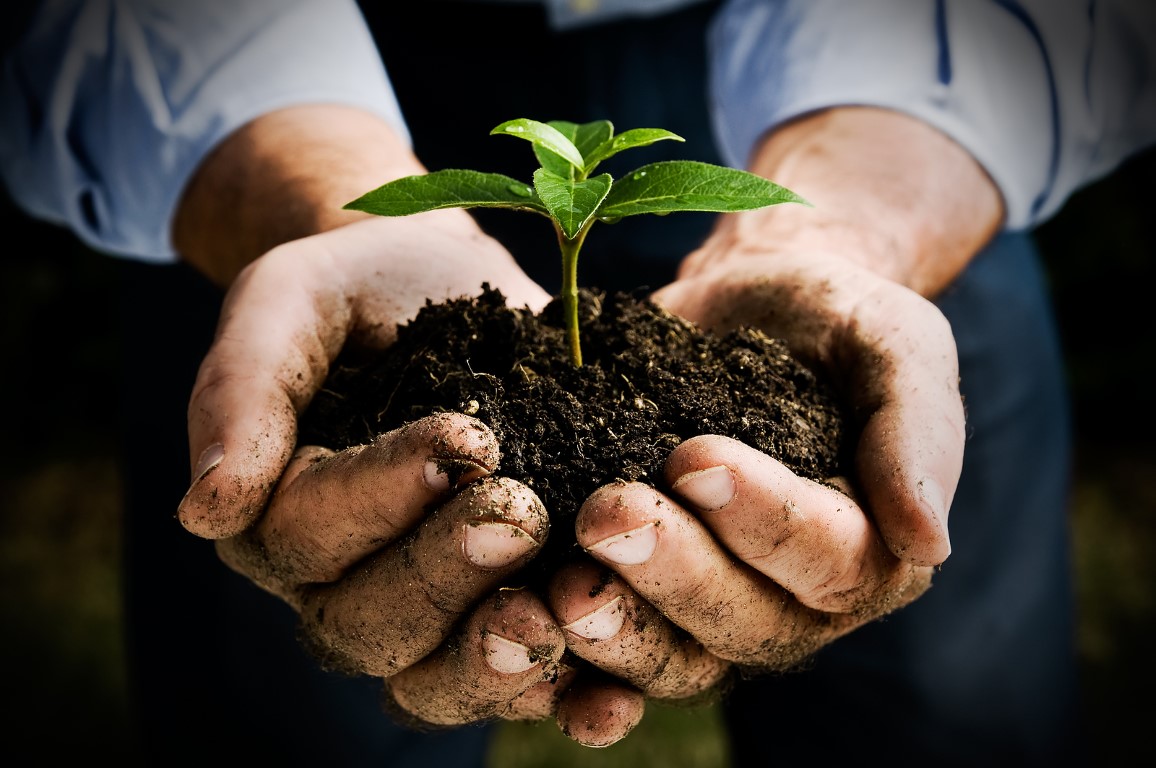To mark the September 1st day of prayer for creation, Pope Francis has added a new work of mercy for Catholics to perform: caring for our common home, the planet and all its inhabitants.
At a press conference on Thursday morning, Cardinal Peter Turkson, head of the new Vatican office for Promoting Integral Human Development, and Bishop Brian Farrell from the Council for Christian Unity, introduced the
Pope’s message for this annual observance, together with Irish author Terence Ward.
‘It’s not every day that you have a new work of mercy in the Catholic Church!’ That was how the new director of the Vatican press office, American Greg Burke introduced the briefing, focused on the papal message entitled ‘Show Mercy to our Common Home’.
Since biblical times, Christians have been called to carry out 6 acts of mercy, listed in St Matthew’s Gospel – giving food and drink to the hungry and thirsty, welcoming the stranger, clothing the naked, visiting the sick and the prisoners – with a 7th one, burying the dead, added in medieval times.
Now the new papal message adds an eighth one to that list and, as Terence Ward, author of ‘The Guardian of Mercy’ pointed out, it could be seen as the most significant of them all…
“Caring for our Common Home. Groundbreaking and visionary, ecumenical and ecological. One could argue that this is the highest work of mercy because it includes all the others, a modern work of mercy for our modern epoch.”
As Bishop Brian Farrell explained, it’s an issue around which there is
broad ecumenical agreement throughout the Christian world, with Ecumenical Patriarch Bartholomew and other Orthodox leaders pioneering many groundbreaking initiatives to raise awareness about critical ecological concerns.
But what exactly does this first every papal message for the day of prayer for creation call for? Not surprisingly, mercy is the key to unlocking that ‘ecological conversion’ of our hearts that Pope John Paul first called for a quarter of a century ago. As Cardinal Turkson explained, it’s a step by step process which begins by recognizing the harm we have already done through our selfish, irresponsible and greedy behavior..
“The first step in this process is to humbly acknowledge the harm we are doing to the earth through pollution, the scandalous destruction of ecosystems and loss of biodiversity, and the spectre of climate change—which seems nearer and more dangerous with each passing year. And to realize that when we hurt the earth, we also hurt the poor, whom God loves without limit”
After acknowledging the harm done and confessing our sins, we are then called to change our lives, beginning with the small changes that can lower our own carbon footprint, while also advocating for an economic and political system that is just and sustainable, rather than focused on short term financial and electoral gains.
Much of the Pope’s appeal to all people of good will was already spelt out a year ago in his groundbreaking encyclical Laudato Si’ but, as Cardinal Turkson asked at the end of the briefing, how many of us are ready and willing to respond to the challenges that document contained?
“It should not be a document to be read, but […] a document with practical implications that we should all try to implement and to practice”.






